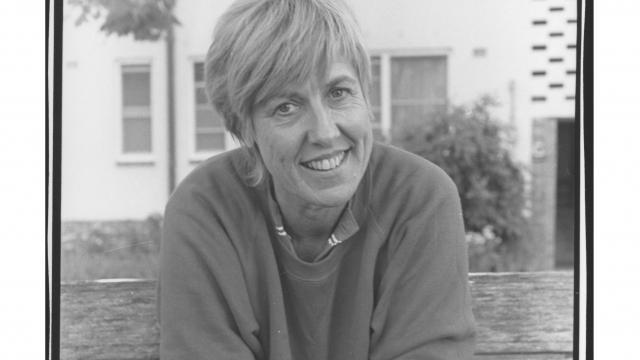
Image: Anne Deveson Copyright ANU Archives
Released in 1991, Anne Deveson’s powerful memoir Tell Me I’m Here remains a landmark examination of the experience of mental illness in Australia. Deveson offered a candid account of her eldest son Jonathan's experience with schizophrenia, her family’s attempts to weather the storms of his illness, and her research into the condition. The book was influential in reshaping community understandings of schizophrenia in Australia in the 1990s. Deveson’s public narrative about her son’s illness provoked many people to write to her with their own stories of mental illness. These stories revealed people’s experiences of giving care outside formal medical settings, particularly within the family, and the difficulties accessing support for mentally ill people, especially in the context of the deinstitutionalisation of mental health care in the last quarter of the twentieth century. They also offered insights into contemporary attitudes towards schizophrenia, and reflections on motherhood in an era of rapid transformation of Australian families. This paper will examine this correspondence in the context of Deveson’s published work, to speculate on how a critical analysis of this material can help us understand the history of mental illness, and mental health advocacy, from the 1980s to early 2000s in Australia.
Michelle Arrow is professor in Modern History at Macquarie University. She is the author of three books, including Friday on Our Minds: Popular Culture in Australia Since 1945 (2009) and The Seventies: The Personal, the Political and the Making of Modern Australia (2019), which was awarded the 2020 Ernest Scott Prize for history. Her most recent book is Personal Politics: Sexuality, Gender and the Remaking of Citizenship in Australia (Monash University Publishing, 2024), co-authored with Leigh Boucher, Barbara Baird and Robert Reynolds.
Location
Speakers
- Professor Michelle Arrow (Macquarie University)
Event Series
Contact
- David Romney Smith